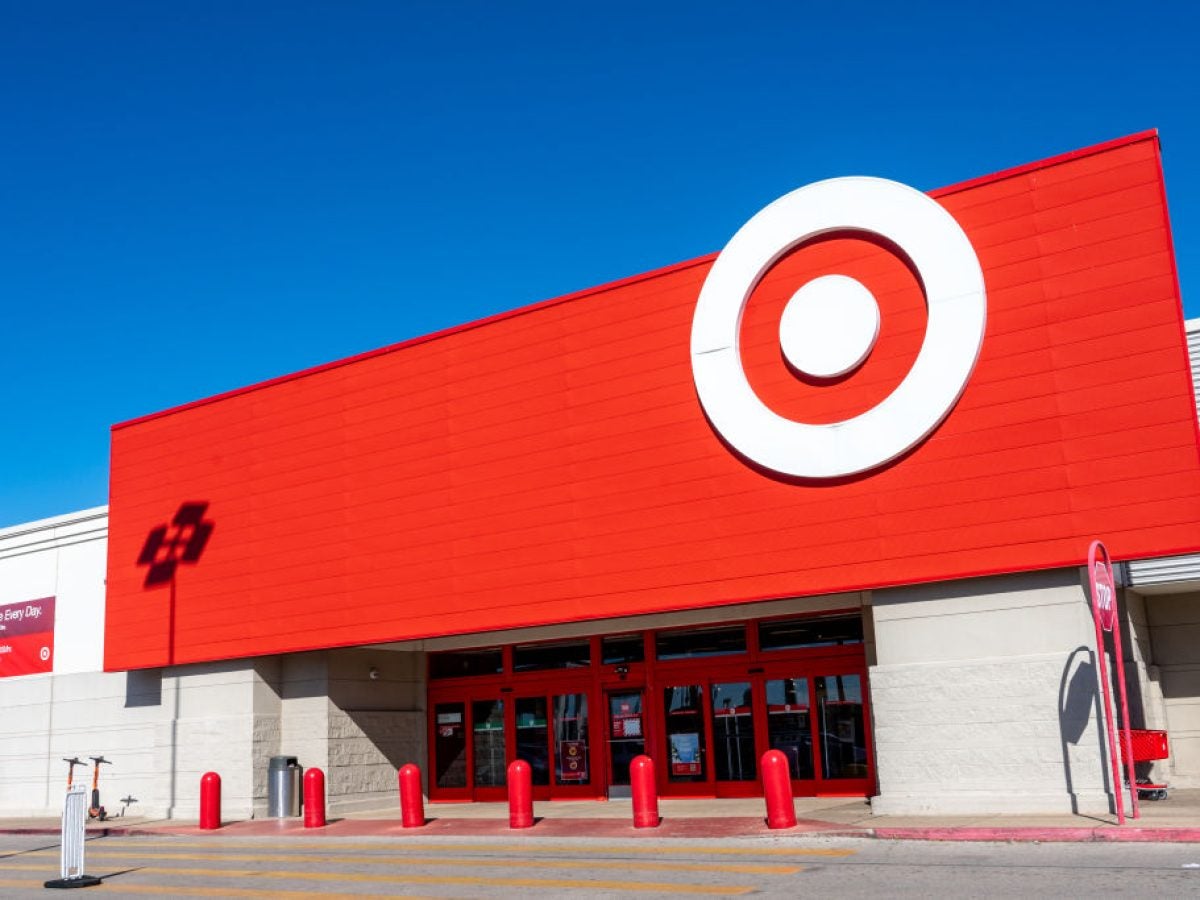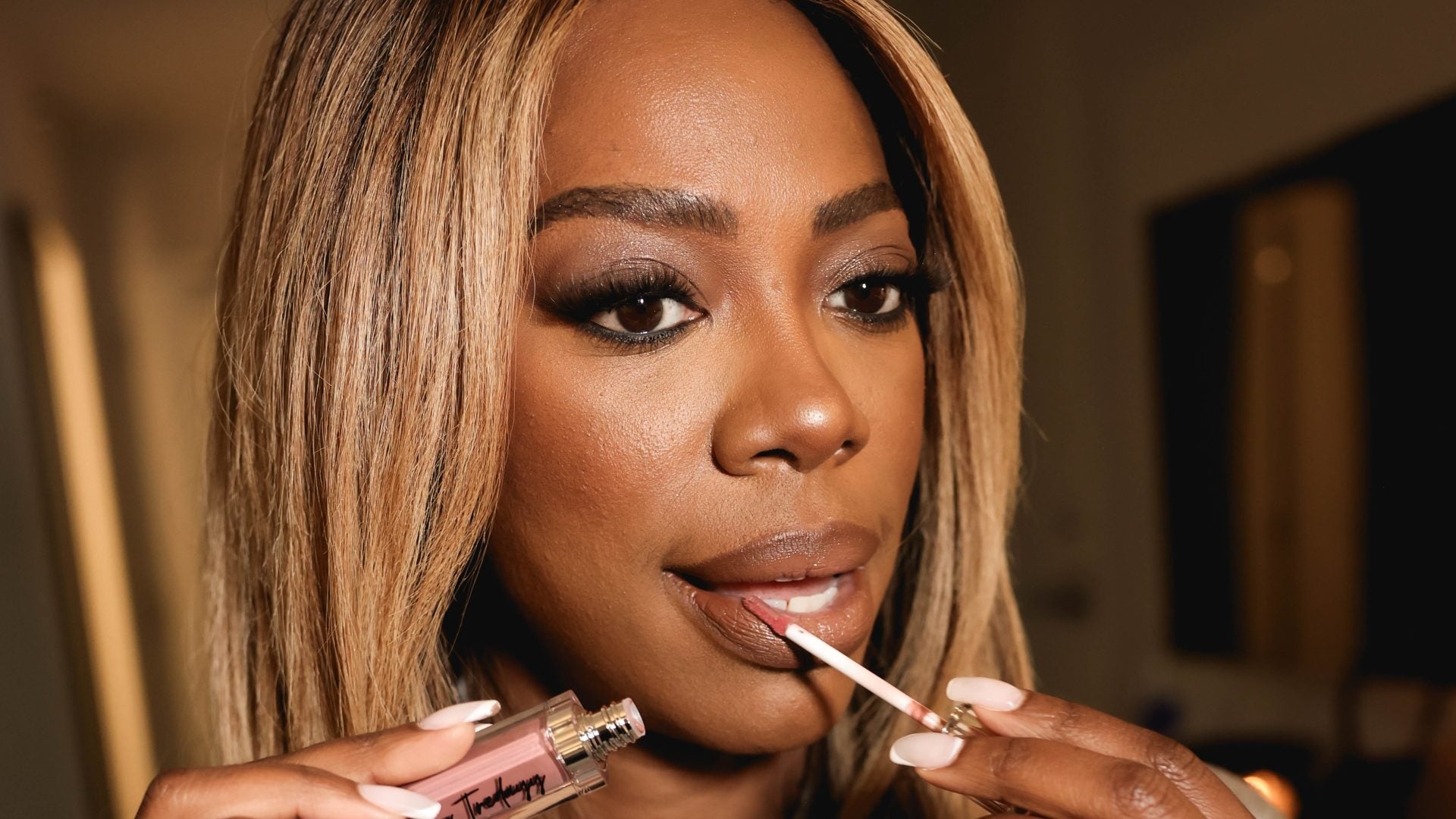
Target has officially eliminated many of its DEI initiatives and it’s affecting already struggling retail brands. The big box store has long touted a strong commitment to supplier diversity, so onlookers are calling out the brand’s latest move.
Consumer Responses To DEI Rollback
Target said in a statement last week that it will end its three-year diversity, equity and inclusion goals. This comes despite its 2022 declaration that those goals were essential to “equitable access to career advancement” and “equitable business decisions that increase relevance with diverse guests and support economic inclusivity.” The retailer also committed to expand Black representation there by 20%.
However, following the Supreme Court’s decision to overturn affirmative action and the new sitting right-wing presidential administration, these promises have been abandoned. Target joins other companies in moving away from DEI efforts due to extreme pressure from opponents and lawsuits from conservative legal groups.
“As a retailer that serves millions of consumers every day, we understand the importance of staying in step with the evolving external landscape, now and in the future,” Kiera Fernandez, executive vice president and chief community impact and equity officer, said in a note to Target staff. The message seems to allude to the tumultuous political environment.
Target also said it will stop participating in all external diversity-focused surveys, it is “further evaluating” corporate partnerships and changing its “supplier diversity” team to “supplier engagement.”
Among those most affected by the rollback are Black retail brands that are already disproportionately overlooked by supplier distribution and funding.
Social media users have taken to their platforms to show deep price slashes to “ethnic” brands, where many products like textured hair styling items are now 50%-70% off. While some onlookers are poised to boycott Target, others are urging shoppers to buy up the remaining inventory to further support the Black founders.
Founders’ Responses
Two of the most visible Black retail partners at Target are Tabitha Brown, the founder of several lifestyle brands at the store, and Melissa Butler, founder of The Lip Bar.
The founders essentially urged consumers to lean into how they feel, but also remember to support Black brands in their time of need.
On Jan. 25, Brown said in an Instagram video, “As disheartening as it is for me, I’m not the only one affected by this.”
She continued, “It’s for everyone who is a woman-owned business, minority-owned business, and Black-owned business. It’s for so many of us who have worked so very hard to be placed into retail—to finally be seen and [have] a proof of retail because, contrary to whatever the world might tell you, it has been very hard for Black-owned businesses to hit shelves. Which is why it’s such a big deal when we do, and finally land inside of retail. So, it is definitely heartbreaking to feel unsupported.”
Brown added: “If we all decide to stop supporting said businesses and say, ‘I can’t buy nothing from there,’ then, those companies get to say, ‘Oh, your products are not performing,’ and they can remove them from the shelves and then put their preferred businesses on the shelves. And then what happens to all the businesses who’ve worked so hard to get where they are? Then, what happens?”
Butler also shared her concerns over the rollbacks, and shared her appreciation for the consumers’ support wherever they choose to offer it.
She also shared that she was disappointed by the retailers’ recent decisions, though not surprised.
DEI-Committed Brands
Other social media users have shared information about other retailers who are still staunchly upholding their commitment to DEI. Of those, brands like Meijer, Kroger, Ben & Jerry’s, Old Navy, Nordstrom, TJ Maxx, Macy’s Giant Grocer, Goldman Sachs, JPMorgan Chase & Co and Costco.
Costco’s board released a statement doubling down on its support of their DEI commitments.
“Our efforts around diversity, equity and inclusion follow our code of ethics,” the board statement on the proposal stated. “For our employees, these efforts are built around inclusion – having all of our employees feel valued and respected. Our efforts at diversity, equity and inclusion remind and reinforce with everyone at our Company the importance of creating opportunities for all. We believe that these efforts enhance our capacity to attract and retain employees who will help our business succeed.”






